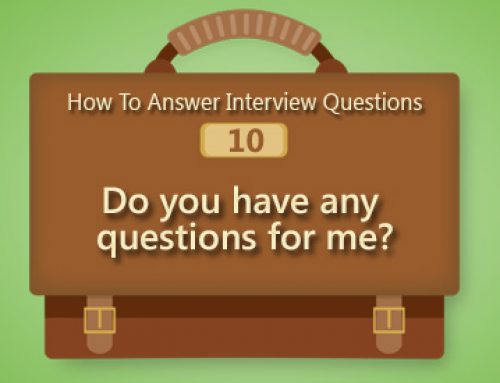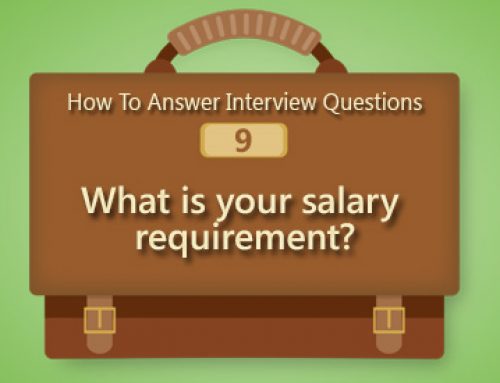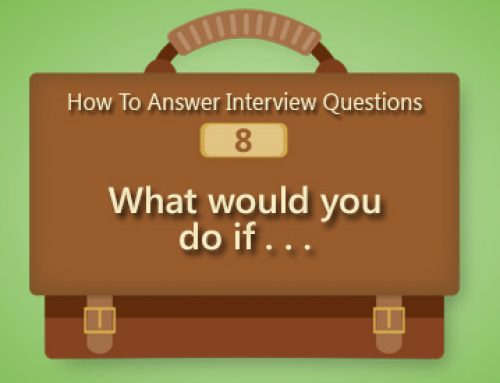5. “What are your weaknesses?”
The Wizard of Oz (1939) is a great movie example to illustrate how to answer this interview question. See this through the Scarecrow who wants a brain, the Tin Woodman who wants a heart, and the Cowardly Lion who wants courage. In each case, they already demonstrate through their behaviors. As they support and protect Dorothy, we see that they already have that which they are seeking. So be sure that you don’t claim a weakness that isn’t yours. You interviewer will take your word for it. So follow this to see how you can safely answer this dangerous question.
Good Interview Answers for this Popular Interview Question
To reply to this frequently asked top ten interview question, do this instead. Here’s the interviewer’s side of what they want to hear (and don’t want to hear) for this question.
Alternate versions of this question include:
- “What is your greatest weakness?”
- “Has a prior boss told you you’re deficient in something that you should develop further?”
- “What are your greatest strengths and greatest weaknesses?”
Your answer should be:
- perhaps the shadow side (negative aspect) of strength they do want
- technical aspect in your field/industry that you don’t need to be current in for this job
- personality trait or job skill not as pertinent for this position
- where you can also identify what you have done/are doing to address it
Your answer should not be:
- generic like “workaholic” or “perfectionist”
- directly pertinent to something they’ve identified as a requirement
- “don’t have any”
Here’s How to Create Your Answer:
First of all, don’t use something generic that you got out of a book. Make sure it is unique for you. Identify something where there is some measure of truth. Find things from your prior performance evaluations. Then identify if this is something they will care about in this role or not.
Also, identify how you’re going to talk about it. It would be best if you add how you have already taken practical action steps to address this weakness. And you should demonstrate the progress you’ve already made. You could include that this is something that you’re still conscious of and continue to pay attention.
Also, you could include how your weakness is connected to a strength you have that they want in this role. Remember, a weakness in one context is a strength in another. It all depends on the context of the position for which you’re interviewing. For example, here’s a weakness answer.
Example #1
“One of the things is because I like change because I like making something better. (And I think that comes from my audit background. This is because we’re always looking for what’s wrong with something and improving upon it.) I do get bored in organizations that are stagnant. And, you know, I do look for where they could promote change and initiate advancement. For me, if I’m doing something the same day in, day out, I do get bored.”
This is potentially a good answer to the weakness question if they want to bring someone in to drive change. However, it could also be the worst answer. This could be one that sinks your chances for the job. That would be true if this organization is conservative and very slow to move. They might think you’ll become bored very quickly if they hire you.
So the lesson is to be ready with multiple answers. Choose depending on the situation you’re in and your assessment of your interviewer.
Example #2 (technical aspect not really required and what doing to address)
“Although I’m a whiz at Excel, which I know is critical for this position, I have identified times during data analysis where a database like Access would be a better tool. It would provide more management information on an on-demand basis. My skills with Access are only basic. So to address that weakness I have been attending an Access advanced techniques class for the last few weeks at my local community college at night.”
Example #3 (starts with negative aspect of a strength – focus on getting the job done and what doing to address)
“I’m very focused on getting the job done, and in the past I’ve discovered that this can sometimes be overly aggressive and pushy. So what I’ve learned to do is to include the rest of the team in setting the deadline and discussing what we all need to do to meet it. I continue to read about teamwork techniques, so my skills with people are as strong as my focus on results and task accomplishment.”
Example #4 (honest acknowledgment and what doing to address)
“One of the things that I’m working on is my networking and people skills, so when I sit down with users, I can be a lot more relaxed. I can get more work done with them. I can get an actual decent problem description that I can work on, and the users will feel like they’re talking to a real person, not just another IT guy. This is something that I’ve been getting some coaching. Because I see continuing to always increase my communication skills will allow me to deliver even more value.”
NEED SOME MORE HELP?
Finally, to further improve your own answer to this question, get immediate access to the “WHAT’S WRONG WITH YOU?” Guide in the Hollywood Movie Method Job Winning Series. This Guide includes 12 sample answers given by real people for this question. You will discover ratings for each answer that will help you quickly refine your own answer to be even more effective.
This Guide also includes samples and complete how to answer training for even more questions you face in your job interviews.






